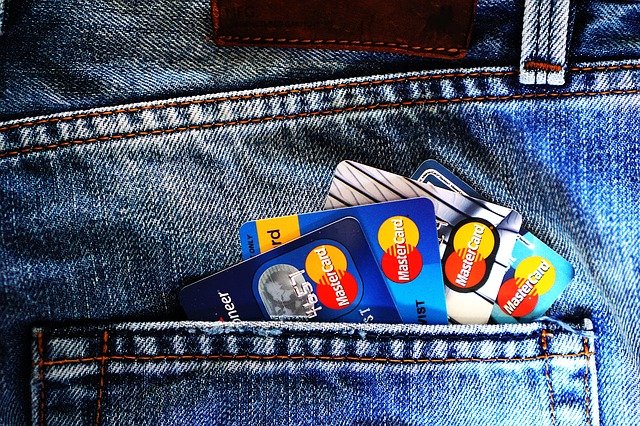Table of Contents
If you discharge debt through bankruptcy, your credit score will inevitably take a hit. Petitioners who have a fairly high score —think 750 — can expect to lose at least 200 points. Those with a lower score, on the other hand, will see a smaller drop; however, that’s simply because they don’t have as many points to lose.
While the bankruptcy will remain on your credit report for up to 10 years, there are steps you can take to start boosting your score immediately following the proceedings. Here are some of the most effective strategies for rebuilding credit after discharging debt:
1. Stick to a Budget
Devising a household budget that accounts for all obligations and sticking to it diligently will ensure you make your minimum payments on time each month. While this won’t improve your credit score overnight, it will result in a steady increase over time. With each payment that’s reported, you will look like a more reliable borrower, which is exactly what lenders want to see despite your bankruptcy.
2. Get a Secured Credit Card
Because secured credit cards are backed by a cash deposit, they’re usually available to people who have a score so low they don’t qualify for a traditional revolving account. Opening a secured account and using the card wisely — by making the minimum payment each month, for example, and never carrying over a balance that exceeds 15 percent of the available credit — will increase your score gradually.
Some lenders offer secured accounts that can be converted to traditional credit cards after a certain period, so look for that option before you apply. Retail store cards also have lower qualification requirements; however, make sure only to use yours on purchases that you were going to make anyway, so you don’t rack up unnecessary debt.
3. Take out a Credit-Builder Loan
It’s never wise to take on debt for the sole purpose of improving your credit file. There are some financial arrangements, though, that have been designed for consumers who want to boost their score without assuming excessive liability.
A credit-builder loan is essentially an installment loan combined with a certificate of deposit, which is a kind of low-risk investment vehicle. You make monthly payments, which are reported to all three credit bureaus, and at the end of the agreed-upon term, you receive the funds you paid into the account minus any applicable fees. Following bankruptcy, the greatest advantage of a credit-builder loan is showing future lenders that you can make regular payments.

Contact the Wrongful Death Attorneys at Brown Bass & Jeter Today
Submit for a Free Case Review!
Reach out and contact our Jackson, MS personal injury attorney today for a free case evaluation.
Speak with a Jackson Bankruptcy Attorney
If your financial security is hanging by a thread, turn to Brown Bass & Jeter, PLLC to see if bankruptcy is the answer. Our team is well-versed in both Chapter 7 and Chapter 13, and we’re happy to help clients pursue the path that makes the most sense for them without judgement. To schedule your free consultation with a bankruptcy lawyer in Jackson, call 601-487-8448 or fill out our Contact Form.



